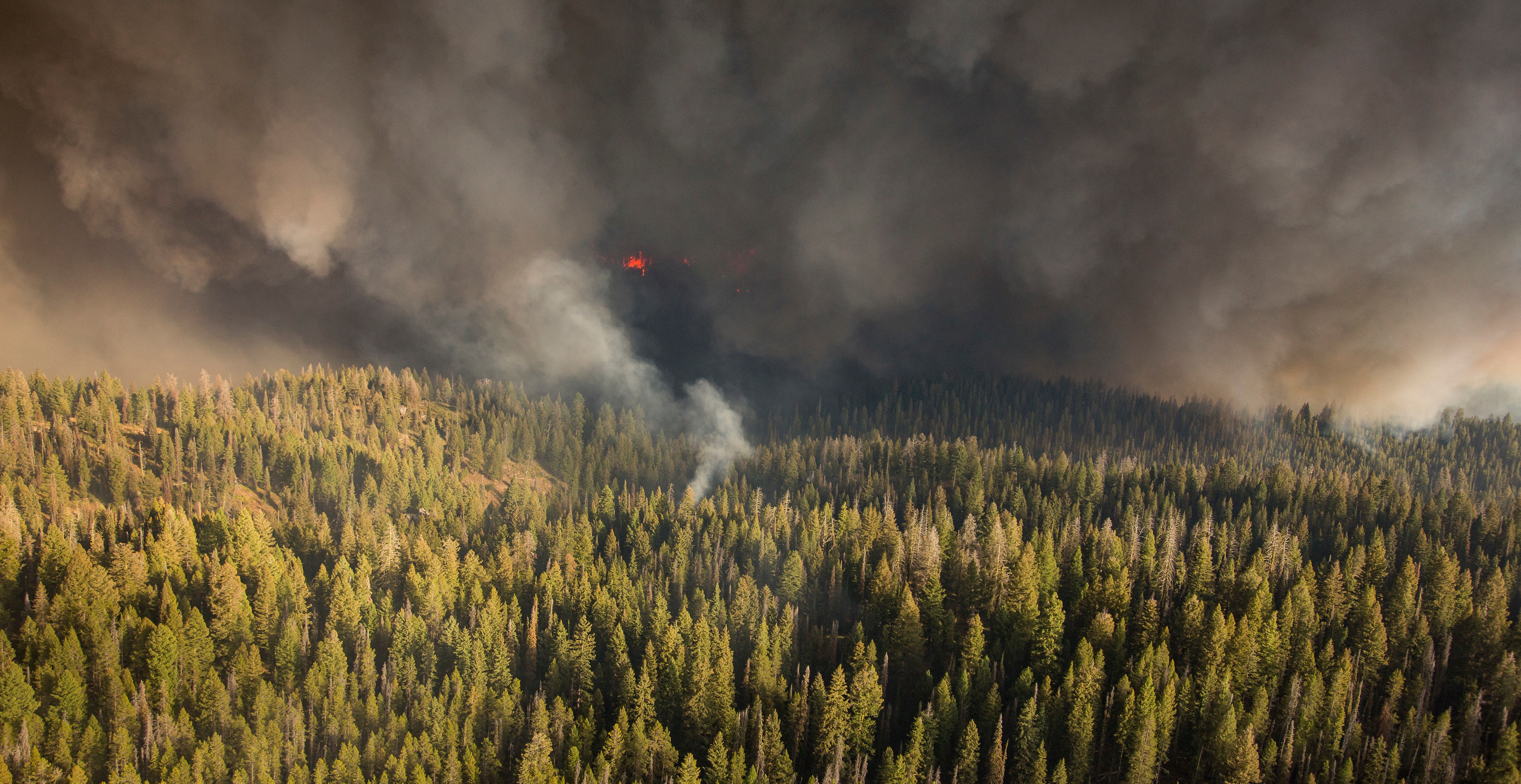In the face of an uncertain future climate, fire-prone landscapes need better management. A broad range of research perspectives across the western U.S. make science-based fire management plans challenging at all levels, from national to state forest policy to private land management.
OUR APPROACH: Convening practitioners and scientists from diverse geographic and scientific backgrounds, this group highlighted where consensus exists among stakeholders and where to effectively focus policy.

Finding Common Ground
There is much common ground among fire researchers that can be useful to policy and management. High-level alignments include:
- Fire is one of the most essential influences on western forests – most landscapes need more fire
- Fires can produce more benefits and fewer negative impacts when they burn with an ecologically appropriate mix and pattern of low, moderate, and high severity
- Managers will need assistance and funding to create landscape conditions that favor more desirable fire behavior at broad spatial scales
- There is no single, silver bullet solution to managing wildfire effectively, yet trust and science are necessary
The report, Statement of Common Ground Regarding the Role of Wildfire in Forests of the Western US, highlights core research questions and datasets necessary to making progress on the wildfire-related debates. It also focuses on policy and management decisions that do not hinge on resolving specific debate issues and provides recommendations for how to proceed on issues that do.

“We identified common ground about protecting human assets from wildfires, and about the positive role that wildfire can play in supporting biodiversity – and that these are not mutually exclusive.”
–Dennis Odion, Team Member
This project aims to reach agreement among key constituencies regarding current and future planning and management for the role of high-severity fire in western coniferous forests, fire regimes, and fuel treatments.
This report explains areas of common ground and divergence among fire researchers about dry conifer forests. The work is meant to inform high quality public discourse, policy, and management.
This research brief summarizes major points of common ground and divergence among fire researchers, with a focus on conifer forests.
University of California, Berkeley
The Nature Conservancy
US Geological Survey (USGS)
US Forest Service
NCEAS and Michigan State University
University of Idaho
University of California, Santa Barbara
University of Colorado